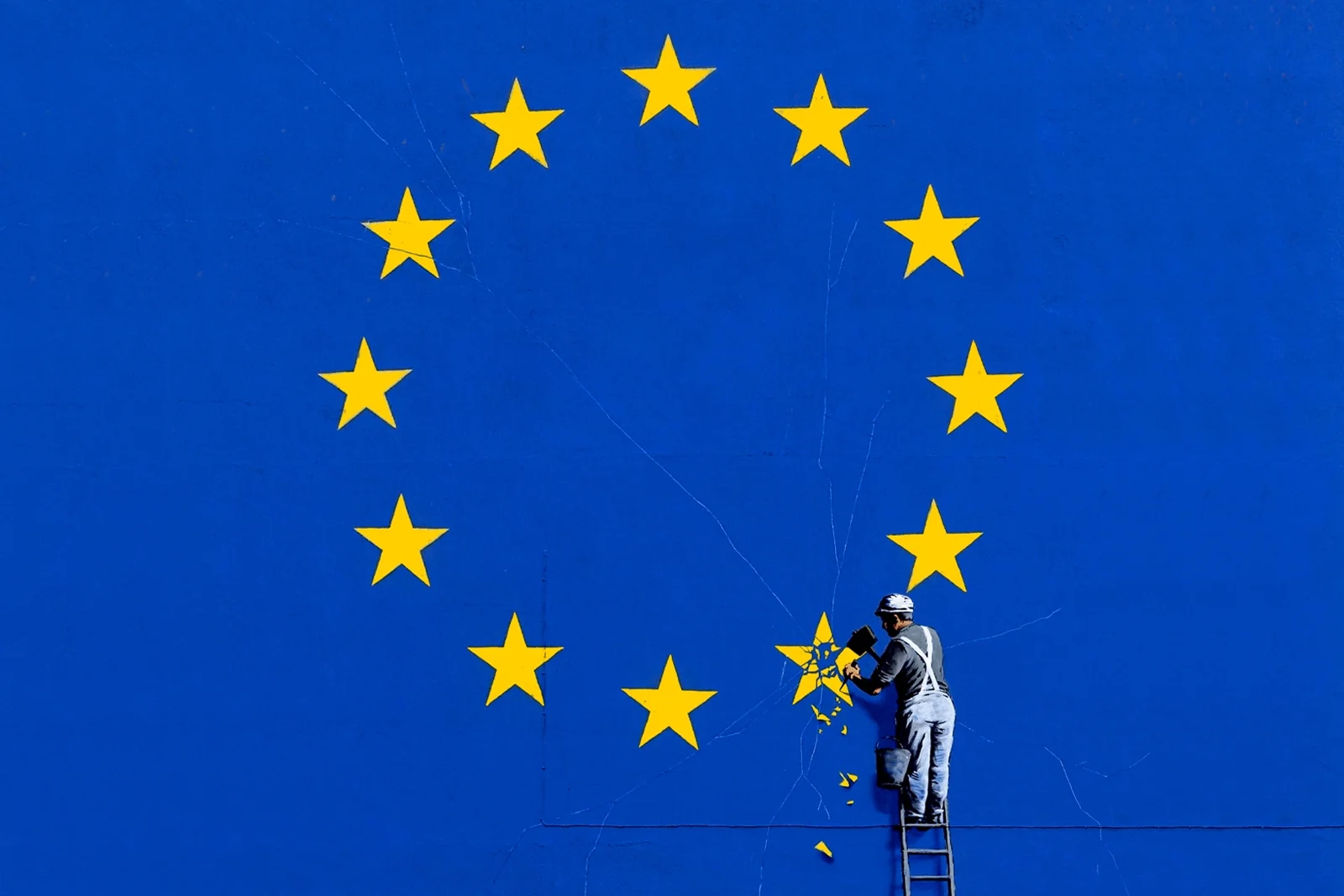
When Brussels’ Watchdog Eats Its Homework
The sprawling bureaucracy of the European Union has never been short on scandals. Over the years, Brussels has weathered a parade of ethical embarrassments—from QatarGate, in which Members of the European Parliament were accused of peddling influence for Qatari cash, to PfizerGate, which raised troubling questions about the opaque procurement of COVID-19 vaccines.
Even lesser-known indiscretions—like an Estonian EU official accepting luxury travel perks from Qatar—feed the impression of an entrenched culture of kickbacks, nepotism, fraud, and a studied aversion to accountability. Add to that the perennial churn of lobbyists, fiscal waste, and the revolving door between public office and private interest, and one begins to understand why cynicism toward the EU’s institutions runs so deep.
Against this backdrop, the European Public Prosecutor’s Office (EPPO) was launched in 2021 with a clear mandate: root out corruption, fraud, embezzlement, and other crimes against the EU budget. Billed as an independent bulwark for the Union’s financial integrity, it was meant to be a bright spot in a dim institutional landscape. Now, just a few years into its existence, the EPPO itself stands accused of the very malfeasance it was created to fight.
At the center of the storm is its chief prosecutor, Laura Codruța Kövesi, and her deputy, Head of Operations Marius Bulancea. The allegations are explosive: that the EPPO leadership deliberately suppressed evidence to shield politically connected figures from prosecution. The claims come from Constantin Boscan, a former EPPO lawyer, whose testimony was captured in undercover recordings leaked on the social media platform X by an account bluntly named “Corruption Kills.” The three videos, now with over 300,000 views, offer a rare insider’s account of the office’s inner workings.
In the footage, Boscan describes being instructed by Kövesi and Bulancea to “shred” case files originating from Romania—cases implicating mayors in the embezzlement of EU funds. Documents, he says, were destroyed to ensure they could never be used in court. The reason, according to Boscan, was straightforward political protection: the accused were aligned with Kövesi’s network, linked to former Romanian President Traian Băsescu and Romania’s National Liberal and Social Democratic parties. In Boscan’s telling, the EPPO had become a “captured regulator,” operating like a “family” or “mafia” that valued loyalty over the law.
Boscan says he resisted, formally documenting his objections in emails to both Kövesi and Bulancea. The response was swift and brutal. Armed security, accompanied by the EPPO’s chief of security, entered his office, seized his laptop, and escorted him out of the building—an unmistakable signal to anyone else considering dissent.
The implications extend beyond a single whistleblower’s fate. Born from a 2017 EU regulation after years of negotiation, the EPPO was designed to be both independent and formidable. In practice, critics argue it erodes member states’ judicial sovereignty. From the outset, Kövesi asserted her authority aggressively—publicly clashing with Slovenia over prosecutorial independence and pressing Finland to dedicate full-time staff despite its clean record on governance.
Boscan’s allegations also point to deeper structural vulnerabilities. He claims the EPPO’s IT department is stacked with former Romanian intelligence operatives loyal to Kövesi, enabling covert manipulation of case files. The charge recalls accusations from her earlier tenure as head of Romania’s National Anticorruption Directorate, when her methods drew comparisons to Nicolae Ceaușescu’s Securitate secret police. That period ended in 2018 with her dismissal amid charges—denied by Kövesi—of corruption, perjury, and abuse of power.
These criticisms are not confined to Romania. Frédéric Baldan, a former EU lobbyist, has filed a criminal complaint in Belgium accusing Kövesi of obstructing justice in connection to the PfizerGate scandal. His case underscores the transnational nature of the concerns: whistleblowers across borders alleging a pattern of impunity for the powerful.
The larger question, then, is whether the EPPO—under Kövesi’s stewardship—has been compromised by politicization and personal agendas. If Boscan’s account holds, the damage to public trust could be profound. In an era when the EU is under pressure to prove its value to skeptical citizens, scandals like this risk reinforcing the perception that even its watchdogs are asleep—or worse, complicit.
If the Union is serious about defending its principles of justice and equality, it will need to confront these allegations head-on, strengthen protections for whistleblowers, and ensure transparent oversight. Without that, the EPPO risks becoming not a guardian of European integrity, but just another institution in Brussels with something to hide.
